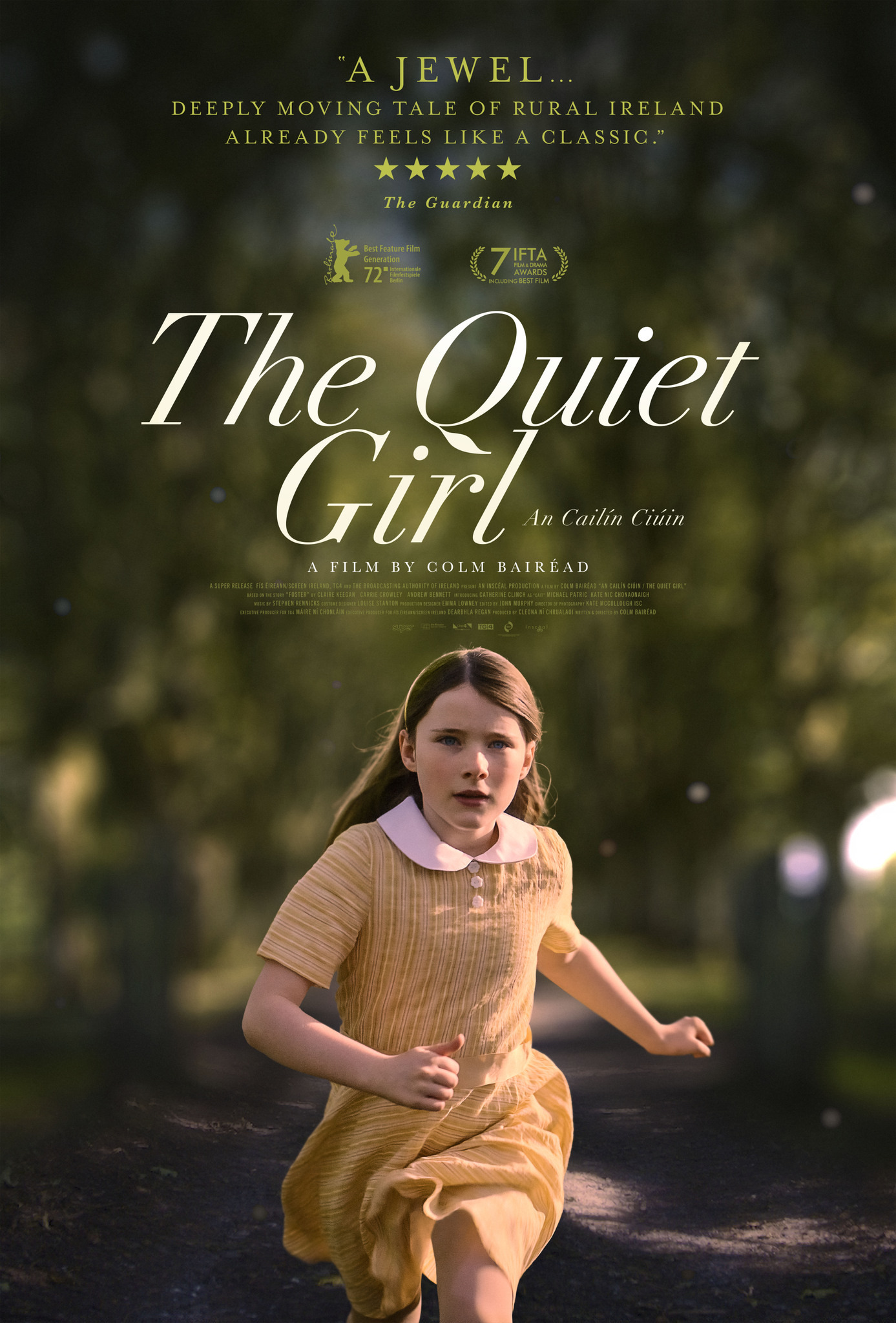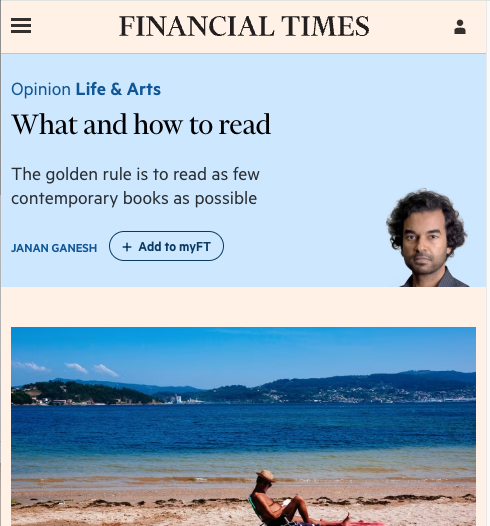I’ve been trying to figure out how to write pretty much this exact thing for a while. What is RSS and why should you try it out? PC Load Letter makes the case:
The biggest pro of RSS is choice: I decide what blogs or sites to include in my RSS aggreator feed. There is no algorithm engineered to milk the maximum amount of interaction out of me. If I start disliking what an author is publishing, I simple unsubscribe from their feed. I am in total control of the content I consume.
I’ve used RSS since well before 2013 (when Google killed Reader). It’s like a personalized digital newspaper — every morning I open up Feedly and there’s a ton of content from sources that have caught my attention for one reason or another. Almost any text-based website works for this (including Substacks), as well as YouTube channels, podcasts and a million other things. My RSS feed is like Twitter was when it was great: a bunch of interesting people sharing stuff that’s interesting, in a way that’s quick and easy to discover.
RSS is free, amazing and easy to use. Sounds amazing! Why isn’t it widely used, outside of podcasts? In a word, money. From the post:
One criticism is that publishers don’t get analytics on who is reading their content. I don’t think everything needs analytics. I also think analytics are closely related to one of the bigger content-corrupting forces on the Internet: ads.
RSS makes it hard to advertise and therefore publishers looking to make ad revenue off their content may be unwilling to use it. I don’t think it’s entirely wrong to want to monetize content, but I do see it as a big motivator for a lot of the bad content out there. When you make it hard to monetize, you reduce the number of “get rich quick” schemes involved.
It’s a good post, and makes the case well. Read it and sign up for my feeds!





